1. Intro
Namaste, Hello, Hola, I’m Tarang Ranpara! 👋
Tarang was born in Rajkot and, against all odds, grew up. After his undergrad, he joined ISRO and worked with some of the brightest minds in India, where he learned that “rocket science” is exactly as hard as it sounds but far less dramatic without background music. Later, he pursued his Master’s at DA-IICT, majoring in Machine Learning while also mastering electives like late-night Maggi and debugging code that only breaks during demos. These days, he works at Oracle with the MySQL Runtime team, tinkering with MySQL Server Internals and occasionally convincing computers to behave. Outside of work, and when he’s not talking about himself in the third person, he reads, travels, and indulges his odd obsession with hiking random mountains in southern India: part fitness, part philosophy, and part stubborn curiosity.
2. Work Experience
Member Technical Staff @ Oracle, Bengaluru, India
Aug 2022 - Present
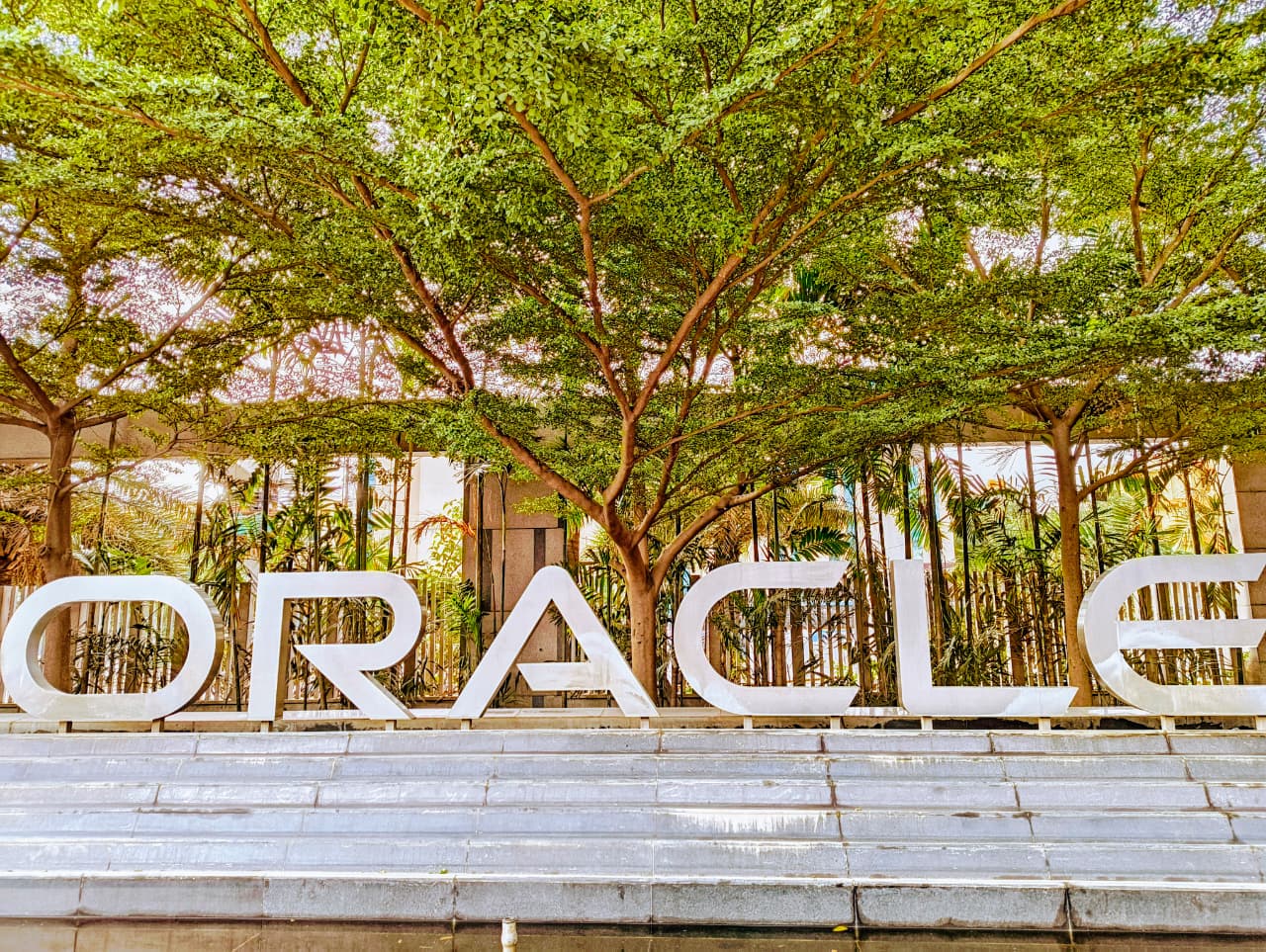
Jan 2023 - Present
TL;DR: The CS kid in me finds Nirvana every day 😇 : Developing features for MySQL Server, a database used by millions worldwide (Literally!!), while applying the concepts of databases and compilers I once studied in college. The best part? Contributing to open source and getting paid for it. Grateful!
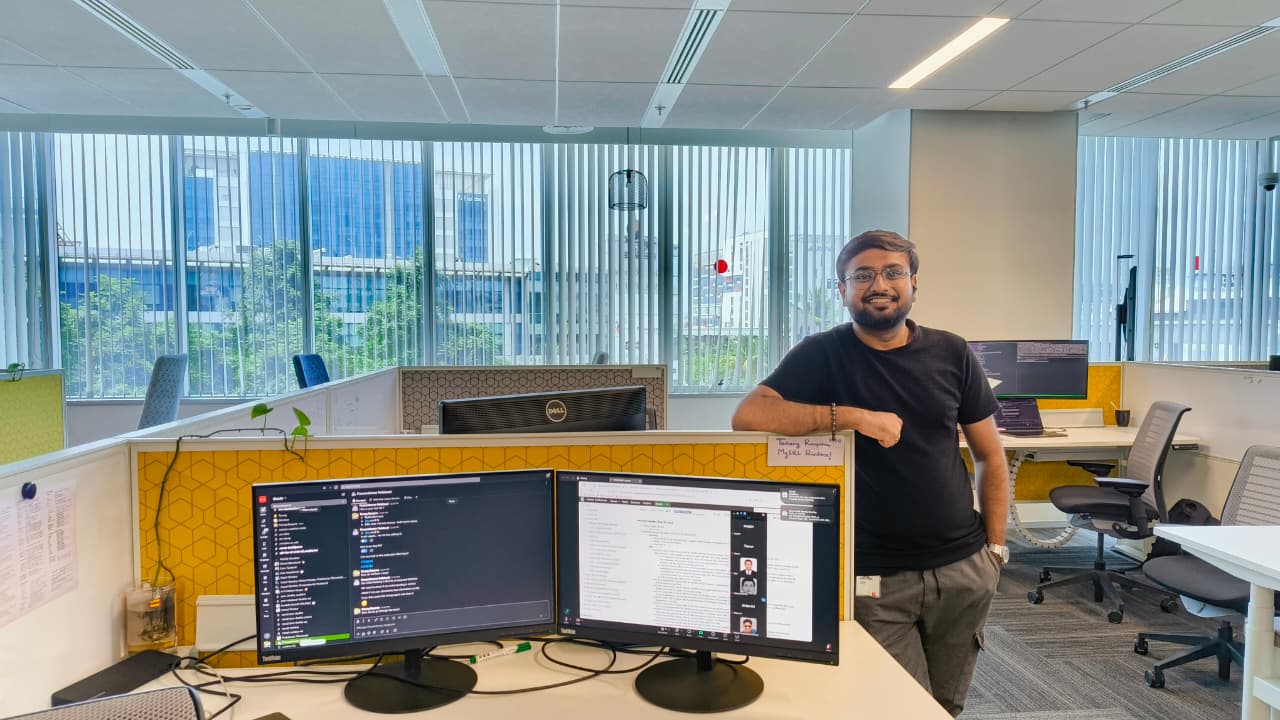
I am currently part of MySQL Runtime Engineering team of MySQL Engineering Group, where I work on solving interesting problems related to database internals. Here are some of my interesting Projects:
JSON Relational Duality: JSON Duality Views map relational table columns to keys in a JSON schema. Applications can issue DMLs against either the relational model or the JSON document model, with changes instantly reflected in both. This provides the flexibility of a document store while preserving the consistency, normalization, and ACID guarantees of MySQL.
I was involved in JSON Duality Views from the ideation phase, actively contributing to cross-team design discussions.
WL#16616 : My primary focus was on the DDL layer (CREATE, ALTER, DROP), which included designing grammar, defining syntax and semantic rules, and later implementing them. During active development, I resolved 25+ bugs across crashes, memory leaks, and behavioral inconsistencies. My DDL design document received org-wide recognition, and its approach of “mapping every FR to a test” was later adopted as a new standard.
WL#16619 : I also designed and implemented a lock-less concurrency mechanism for DML operations.
Beyond design and implementation of above two, I participated in multiple architecture and code reviews for other components like DML and metadata storage.
GitHub commit: https://github.com/mysql/mysql-server/commit/1f66f950017c8ca0209f8cbb66ea99f96c63c5ab
Lazy loading of Triggers for SELECTs (WL#16455): This work introduces lazy loading of triggers in MySQL: trigger bodies are parsed and cached only for write operations, while read operations load just the static metadata, shared across table instances. This approach speeds up read-only queries, reduces overhead, and eliminates dynamic memory allocation related to triggers, preventing memory bloat in scenarios with many parallel connections and complex triggers. A configurable soft limit (table_open_cache_triggers) and improved table cache management further optimize performance and memory usage.
GitHub commit: https://github.com/mysql/mysql-server/commit/3bed71fd2e07c7c9b658bb324cc8fae3490c1954
Making schema operations Atomic (WL#16232): Since the very first version of MySQL, CREATE DATABASE and DROP DATABASE were not fully atomic. A server crash could leave behind orphaned schema directories or block creation due to partially completed operations. This project makes these DDL operations atomic and crash-safe by extending InnoDB’s DDL log, a write-ahead logging (WAL) mechanism, to reliably handle schema directory creation and deletion. With this change, database creation and deletion either complete fully or roll back cleanly, eliminating leftovers and ensuring consistent recovery. This brings robustness and true atomicity to one of MySQL’s oldest and most fundamental operations.
MySQL Article: https://blogs.oracle.com/mysql/post/making-createdrop-schema-statements-atomic
GitHub commit: https://github.com/mysql/mysql-server/commit/7170ae60920cf1fc490e2c80aba91d8f85c58e9f
Improving Observability of MySQL Server in Cloud: When I moved from database-as-a-service development to core database internals, I had the opportunity to work in an area that sat at the intersection of both: observability. My focus was on improving the observability of MySQL through enhancements to server error logs and systemd status reporting.
WL#15369: This work added phase-wise progress information to MySQL error logs during shutdown, startup, and initialization, making them more transparent and easier to interpret. Users now get clear start and end markers for major phases, along with thread details when the server is waiting. This improved observability cut the time to detect issues like a stuck shutdown scenario by ~80%, reducing diagnosis from about an hour to just a few minutes.
GitHUb commit: https://github.com/mysql/mysql-server/commit/a0dd60dc022a74965f4f95fb1b21075f791ccfcd
WL#15400: This work enhanced MySQL’s startup, shutdown, and initialization processes by adding phase-wise start and end messages that are visible externally via systemd notifications. These messages provide users with a clear view of time-consuming or configuration-dependent steps, and every “end” message reports success or failure.
Additionally, Heatwave MySQL leverages these messages to trigger automated actions based on the server’s progress, improving observability and operational automation.
MySQL Article: https://blogs.oracle.com/mysql/post/enhancing-systemd-notifications-in-mysql
GitHub commit: https://github.com/mysql/mysql-server/commit/d8ac701f3207494b8d46b6578fb37876d87db177
List of MySQL commits (Not exhaustive): https://github.com/mysql/mysql-server/commits?author=tranpara
Tools used: C/C++, Bash, CMake, GDB, Pthreads, YACC, MySQL
Aug 2022 - Dec 2023
I was part of the MySQL Runtime Engineering team within the MySQL Engineering Group, where I worked on both the control plane and data plane of Heatwave MySQL, a fully managed “MySQL as a Service” offering on OCI.
Tools used: Java, Python, Maven, Dropwizard
Researcher @ IR Lab, DAU (Erstwhile DA-IICT), Gandhinagar, India
Jul 2021 - Jul 2022
TL;DR: Spent a year pretending to be a full-time NLP wizard, poking at evaluation metrics and (Early LLM) models. Somehow, I managed to add a tiny piece of new knowledge for humankind.
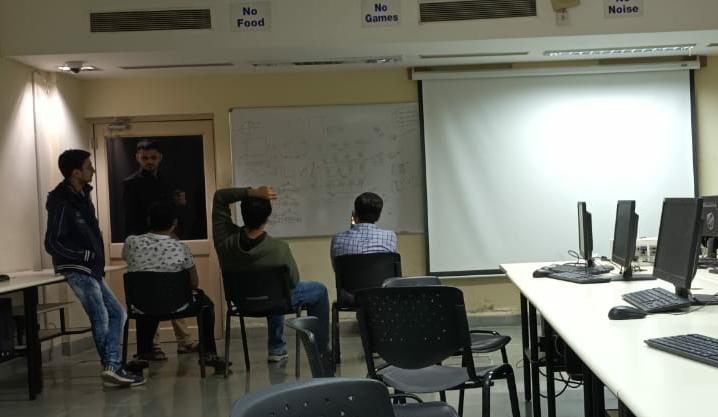
Pursued my 1-year master’s thesis titled “Finding Proxy For Human Evaluation: Re-evaluating the evaluation of news summarization” under the guidance of Prof. Prasenjit Majumder.
The thesis explores various evaluation metrics including the defacto metric, ROUGE, and various contextual similarity models like BERT ROBERTA, word2vec, etc. and it proves that the defacto evaluation metric ROUGE performs worse than various contextual similarity-based metrics. The idea is that a metric having a higher correlation with human evaluation is said to be a better proxy of it, and hence a better metric.
My Thesis : https://drsr.daiict.ac.in/handle/123456789/1122
SDE Intern @ OpsHub, Ahmedabad, India
May 2021 - Jul 2021
Built a silent installation utility for OIM (OpsHub Integration Manager), which aids the installation of OIM through CLI.
Graduate Teaching Assistent @ DAU (Erstwhile DA-IICT), Gandhinagar, India
Aug 2020 - Jul 2022
TL;DR: Spent two years teaching what I learned just a day before : from databases and programming to enterprise Java and cloud computing. Leading labs and tutorials for multiple courses turned every teaching session into some of the fastest, deepest learning experiences I’ve ever had.
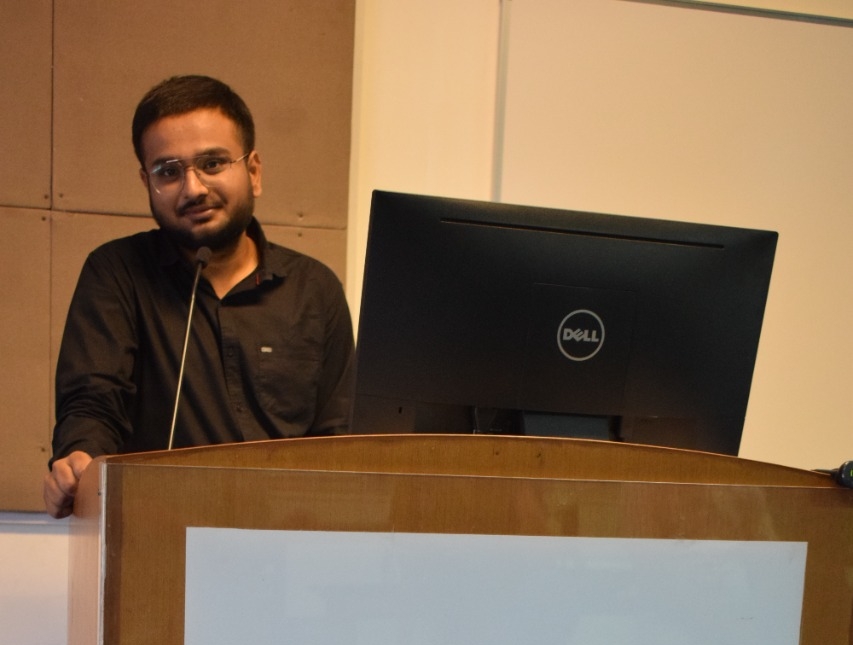
Led labs and tutorials for the following courses:
IT214 - “Database Management Systems” under Prof. Minal Bhise
Responsibilities Included conducting labs and tutorials about ER Modeling, ER to Relational Model conversion, Database Design (DDL), Database Normalisation, and SQL Queries (Using Postgresql)
IT115 - “Introduction to programming” under Prof. Manish Khare
Responsibilities Included conducting labs and tutorials about introduction to various programming constructs using C/C++ language.
IT618 - “Enterprise Computing” under Prof. PM Jat
Responsibilities Included conducting labs and tutorials about java, back-end architecture, and frameworks like Spring, and Hibernate.
IT457 - “Cloud Computing” under Prof. Lavneet Singh
Responsibilities Included conducting labs and tutorials about Cloud computing and various services of AWS for performing various tasks including load balancing, database services, storage services, caching services etc.
Researcher @ Space Applications Centre, ISRO, Ahmedabad, India
Jan 2020 - May 2020
TL;DR: Spent a few months at ISRO feeling like the most clueless person in the room while surrounded by the smartest minds, building cutting-edge, math-heavy signal processing tools with NumPy and Numba. Somehow survived, learned a ton, and lived to tell the tale.
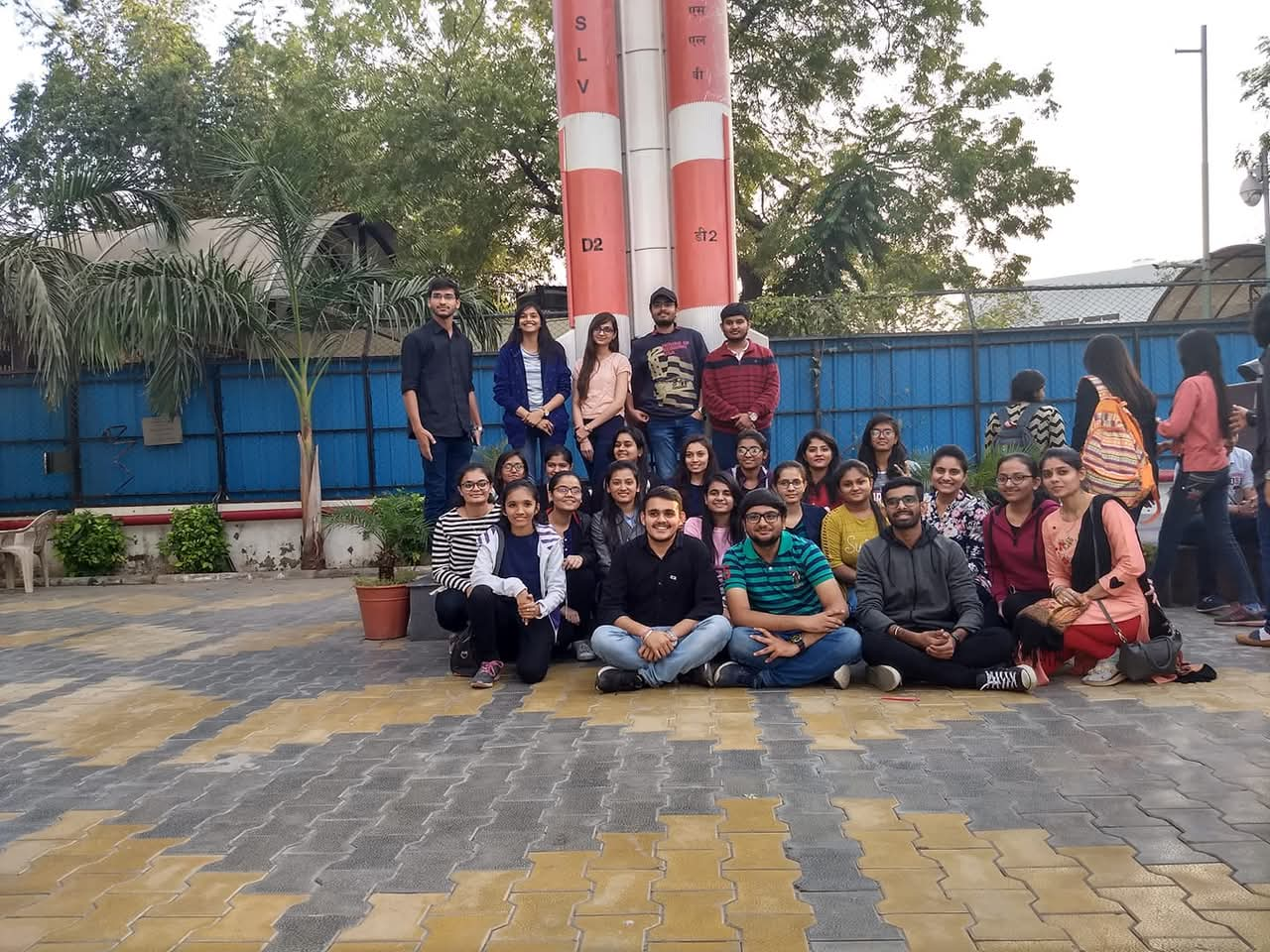
Worked on building a data processing tool for signal data. The tool utilized many math-intensive functionalities which required us to use NumPy stack heavily. For parallelization purposes, we used Numba for its easy-to-use APIs for JIT compiler and threading (both CPU and GPU).
3. Education
MTech (ICT) Machine Learning @ DAU (Erstwhile DA-IICT), Gandhinagar, India
Aug 2020 - Jul 2022
TL;DR: Did a “fancy AI” master’s before it was cool, made lifelong friends, got hands-on with early LLMs like BERT, implemented lots of things from scratch, built tons of cool projects, even passed linear algebra, and most importantly survived late-night Maggi sessions. Basically living the dream.
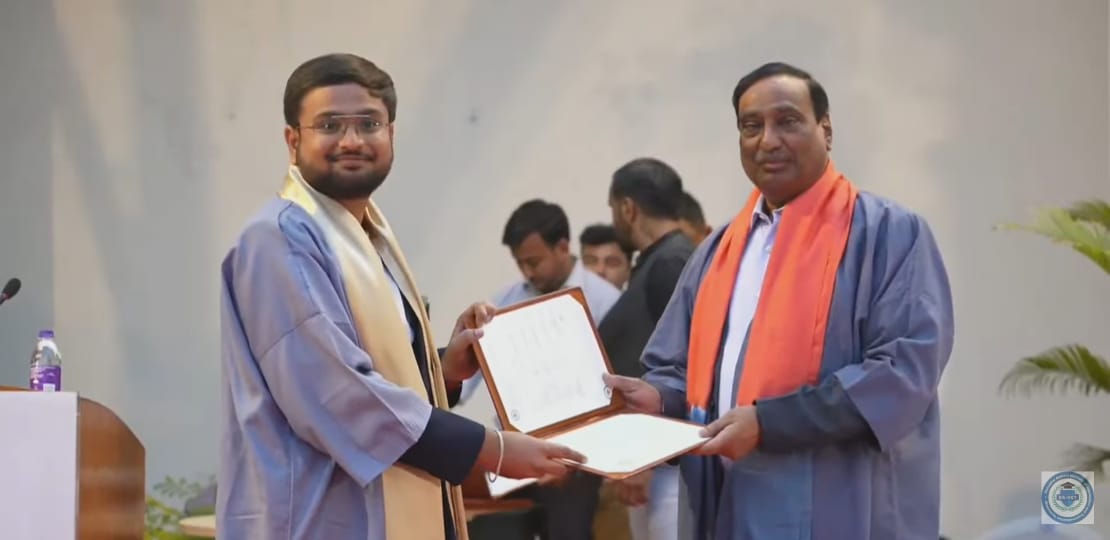
Here are the courses I completed as part of my master’s curriculum:
- SC505 – Linear Algebra
- IT506 – Accelerated Computing (CUDA C)
- SC531 – Probability and Random Variables
- IT542 – Pattern Recognition and Machine Learning
- IT507 – Advanced Image Processing
- IT524 – Computer Vision
- IT550 – Information Retrieval
- IT412 – Natural Language Processing
Co-founded: AI Club, DA-IICT
Grade: CGPA - 8.71/10
B.E. Computer Engineering @ GTU, Gandhinagar, India
Aug 2016 - Jul 2020
Co-founded: Python Club, Atmiya
Grade: 9.28/10
4. Projects
SignY - Indian Sign Language Intepretation using Deep Learning
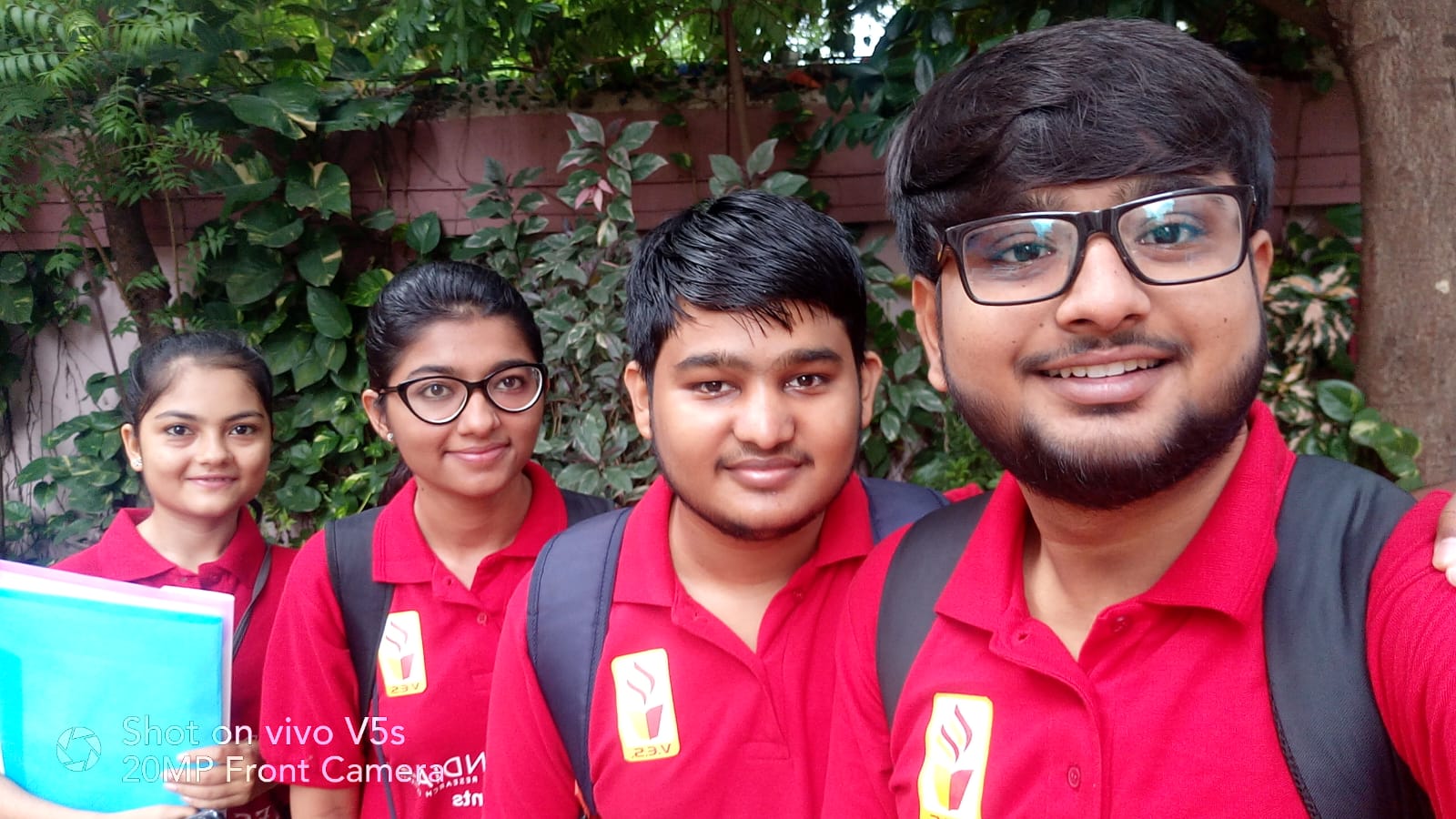
Developed a system to translate Indian Sign Language (ISL) alphabets into verbal English. Achieved translation of all 26 alphabets using a custom-built dataset. Implemented core functionality with YOLO v3, Python 3, and OpenCV. Final deployment was completed as a web application with Flask as the back-end framework. A basic version of the project was also presented at vesAIthon 2019, a national-level AI hackathon.
5. Achievements
Gold medal in INSEF Fair (by Science Society Of India) - 2019
Project: Heart Disease Prediction Using Machine Learning
Developed machine learning models for heart disease prediction using Artificial Neural Networks (ANN), K-Nearest Neighbors (KNN), and Support Vector Machines (SVM) to compare performance. The models were deployed as REST APIs, enabling integration with any host mobile or web application. Additionally, a client application was designed for Android to allow remote access to the service. The project was awarded the Gold Medal for excellence.